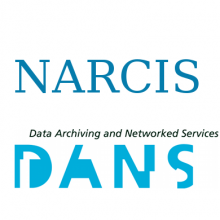Resource information
This paper serves three purposes. First, it gives a short introduction to the concept of sustainability in relation to land use. Since the Brundtland report it has become clear that sustainability is a dynamic concept that changes when conditions in society change. Moreover, it is easier to assess what is `unsustainable¿ than what is `sustainable¿. But that will not suppress the demand for sustainable developments. Second, it elucidates a classification of different concepts developed within New Institutional Economics and applies these concepts to a number of typical problem areas in relation to landownership and land use. Institutions change slowly and that holds most for informal rules, which are classified by Williamson as `social embeddedness¿. Land ownership and land use often function partly under informal rules. But formal rules and institutional arrangements are also crucial: together with the informal rules they go here under the name `institutional setting¿. Because the landowner - or the present user of land - is often not the best user from the perspective of the society, the relationship between `owner¿ and `user¿ has raised a lot of attention. Efficient exchange at the land rental market, but also contracts that are adjusted to the characteristics of owners and renters or to the specifics of multifunctional land use contribute to sustainable land use. Third, this paper provides the connection between the different papers of this special issue and shows where they fit into the basic theoretical framework. Most attention goes to ownership (including property rights), the land rental market and contract choice. Different functions of land use, however, are also covered with a clear link to informal rules.


